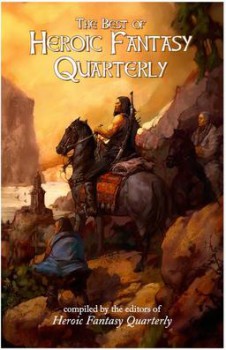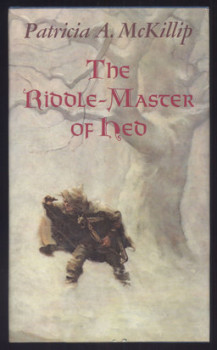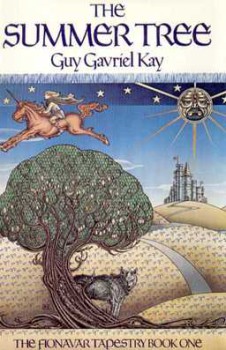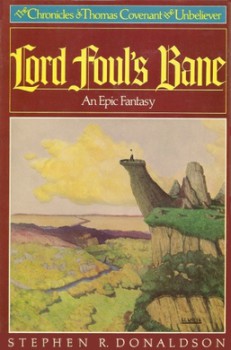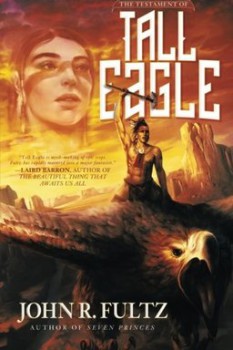Guides to Worlds Fantastic and Strange
I’ve always loved maps — following rivers to the seas, tracing the shores of those seas, and then crossing them by fingertip to a distant land. My dad had a giant Rand-McNally atlas that I took possession of when I was ten or eleven and never returned. I would pore over its pages, puzzling out how to say the names of cities like Dnepropetrovsk or Tegucigalpa and wondering what exactly was the Neutral Zone between Saudi Arabia and Iraq.
Today, my favorite atlas is the Cram’s Unrivaled Family Atlas of the World 1889 that my grandfather scavenged from a work site. As with my dad’s, I quickly assumed ownership of the book. Better than a lot of history I’ve read, it conveys the reality of the past in finely drawn lines. The vast scope of the British and Russian empires — the web of conquered lands covering Africa and Asia — are right there in clear pastel pinks and yellows. Images conjured up in my brain while reading were made concrete on the pages before me.
And, of course, I love maps in fantasy books. Always have, from those very first ones I saw in The Lord of the Rings and the Conan books. While Tolkien’s maps are intricate, lovingly created works of art, and the one of Hyboria is spare and undetailed, both intensify the illusion that the books’ worlds are real. They may not have been as vast and detailed as my dad’s atlas, but they were as captivating. While a book doesn’t need to include a map, I’m a fan of one that does. It’s an added bonus that I really dig. (To read another piece I wrote about maps several years ago, you can click HERE).

